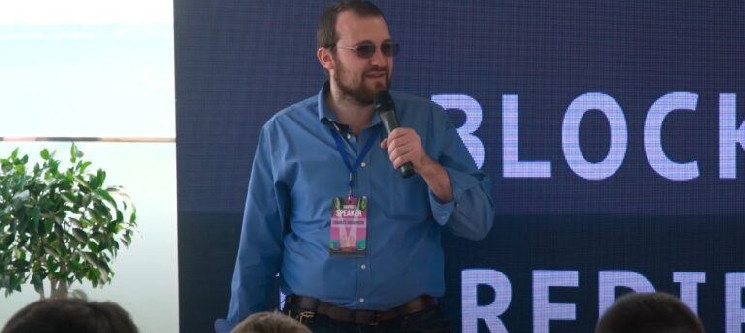On Thursday (July 14), Charles Hoskinson, who is Co-Founder and CEO of IO Global (aka “IOG”, formerly known as “IOHK”), the company responsible for Cardano’s research and development, talked about how blockchain technology could transform the future of nation-state governance.
The IOG CEO’s comments were made during an interview earlier today with Brian McGleenon on Yahoo Finance weekly show “The Crypto Mile”.
McGleenon started the interview by asking Hoskinson why we need a more decentralized world.
Hoskinson replied:
“We want to live in a global society and if you want to live in a global society, one of the first things you don’t want is for one actor in that global society to have complete control over critical things, resources — that can be energy, your identity, supply chains, your food, that could be water.
“You don’t really want a situation where one actor is in charge of that whole show because what they can do is say, ‘hey, you know, I don’t like you Brian… so, I’m just gonna cut off your power or your water or your access to the internet or these types of things’…
“So, the point of cryptocurrencies and blockchain technology is they take those resources that should be kind of a public good and if they’re digitizable, get them into a situation where they’re completely open and basically then build businesses on top of that.“
Then, later in the interview, Hoskinson went on to add:
“You can start taking lots of government services and put them into a structure where they have radical transparency and they have exponential growth and capabilities. Suddenly, all of your tax revenue is open source and everybody can look at it and see where the money is going. All of your government interactions are now completely digital native and they have programmable interfaces and anybody can build applications for it. Everything’s open source. Everything is programmable at the edges.
“So, you now have a way of doing global regulation without putting a nation state in charge of everything. Like what the role the United States had in 20th century… At the end of the day, you have less friction, less fraud, less waste, less abuse, more transparency, and ultimately less consolidation of power.“
 cryptoglobe.com
cryptoglobe.com
